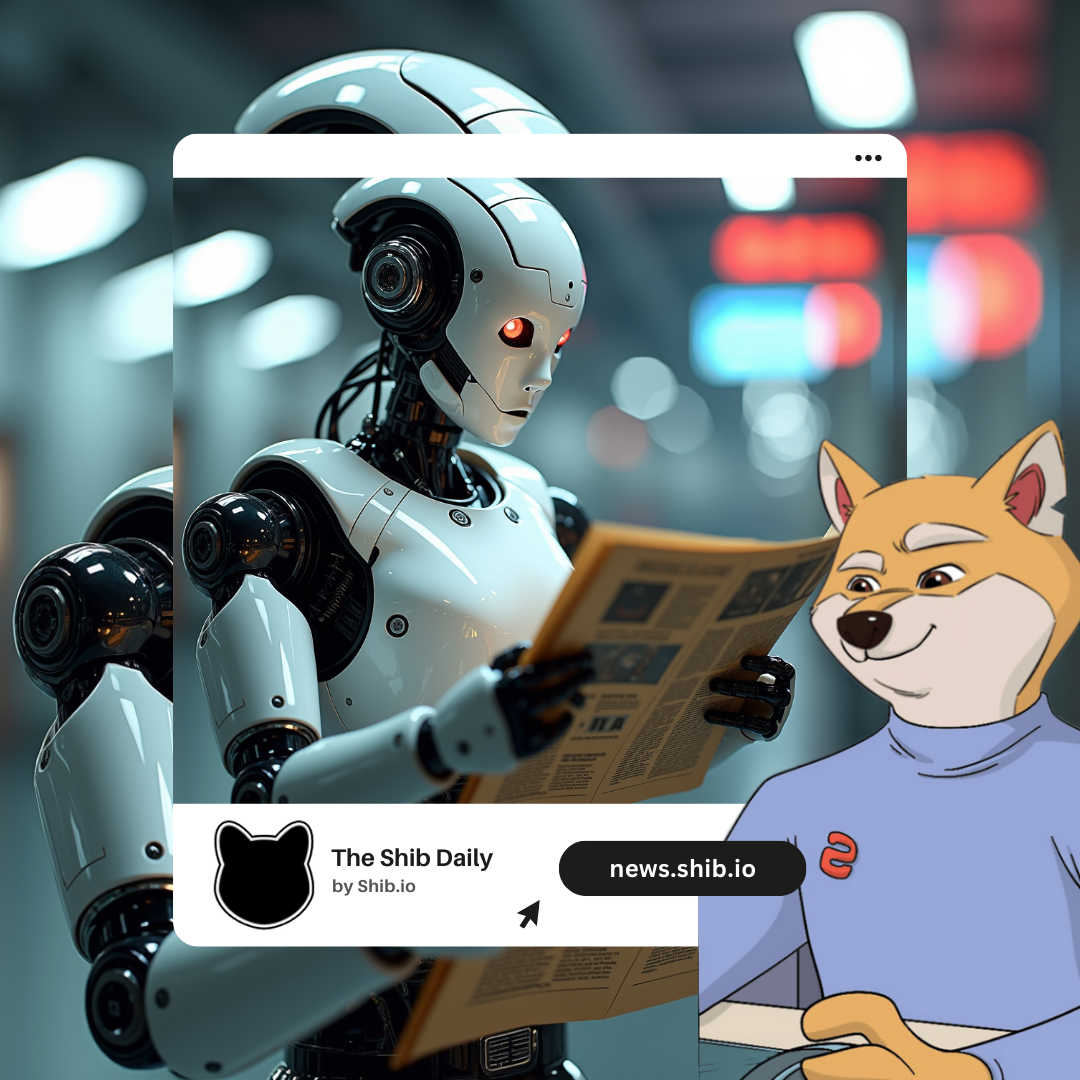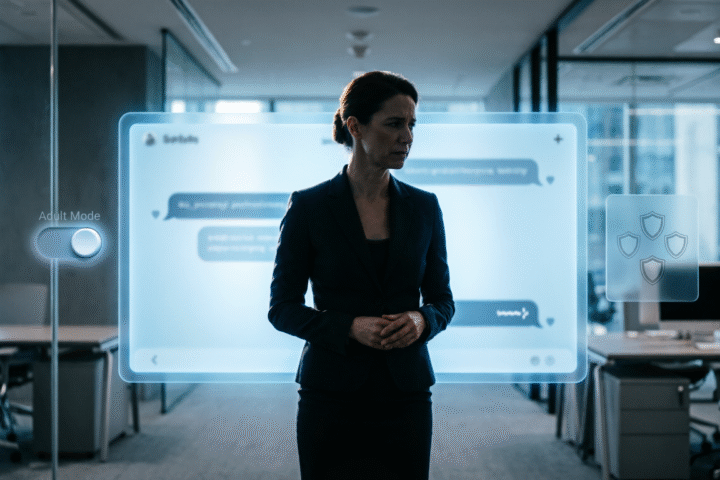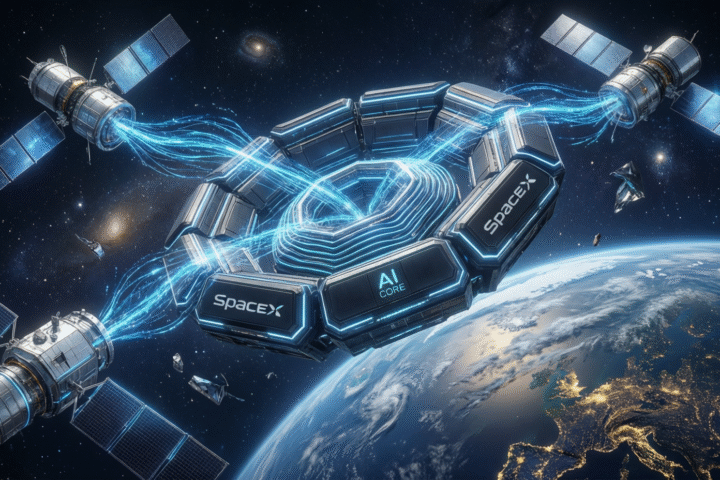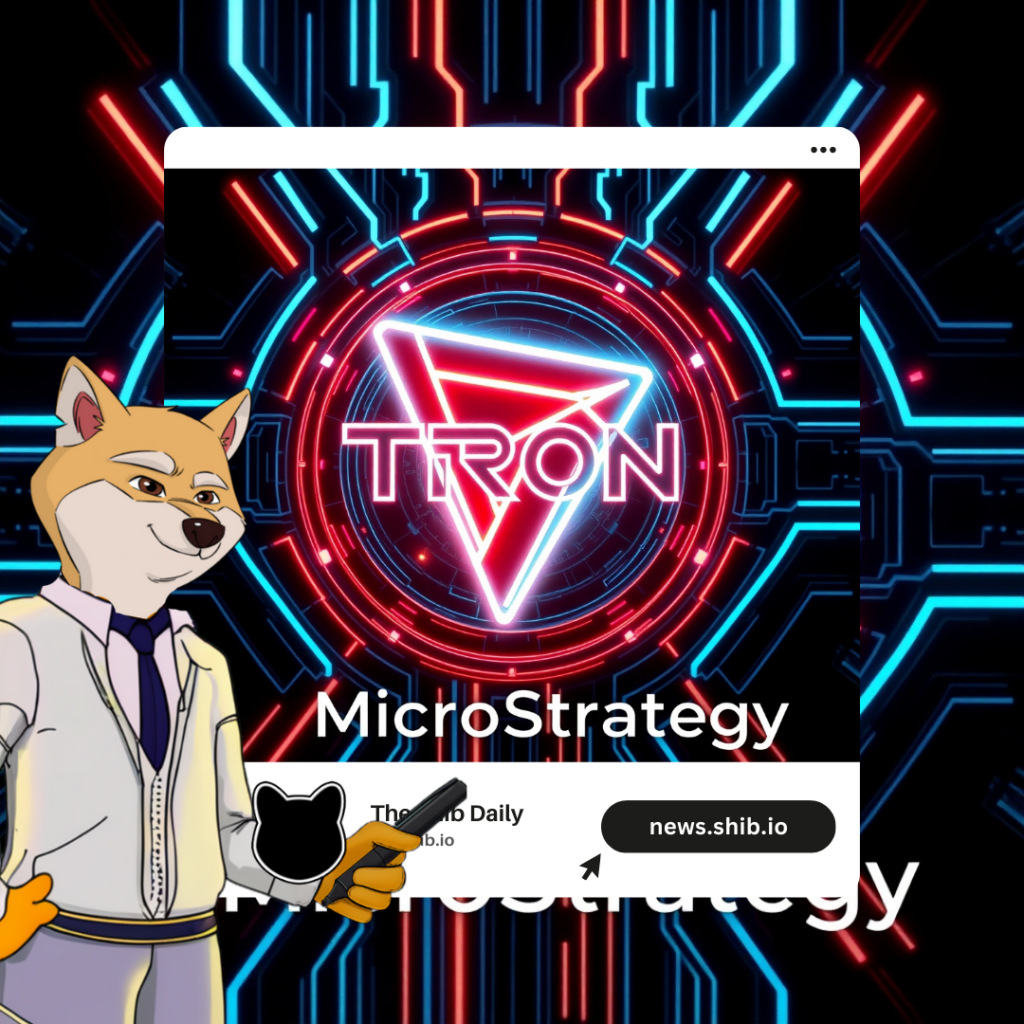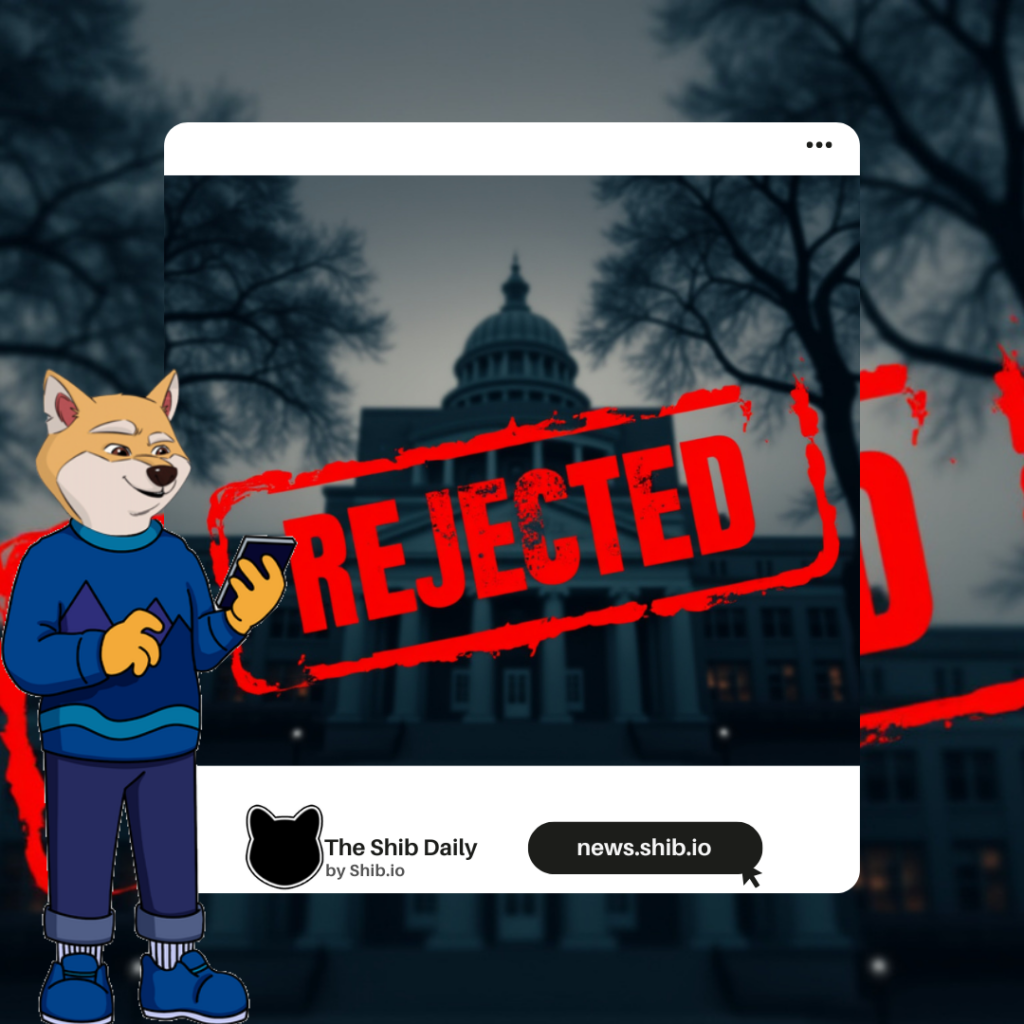Sam Altman, the CEO of OpenAI, has weighed in on the ongoing lawsuit filed by The New York Times against the ChatGPT developer, alleging copyright infringement.
In an interview with New York Times journalist and host Andrew Ross Sorkin at the newspaper’s annual DealBook Summit, Altman shared his thoughts. He refrained from commenting on the specifics of the lawsuit and, instead, addressed the topic in broader terms.
“I don’t believe in showing up in someone else’s house as a guest and being rude,” Altman said. “But I will say, I think the New York Times is on the wrong side of history in many ways.”
Sam Altman Live at DealBook Summit 2024 https://t.co/GIrwg9LdRU
— Andrew Ross Sorkin (@andrewrsorkin) December 4, 2024
NY Times and OpenAI Issue
The New York Times filed its lawsuit against OpenAI in December 2023. It acсused the latter of using its articles and copyrighted content without permission to train its language models, including ChatGPT.
Related: Kusama Reveals Details Of New AI Produсt in Recent Livestream
According to Decrypt, in response to the allegations, Ian Crosby, partner at Susman Godfrey and lead counsel for The New York Times, said that Sam Altman “accurately acknowledged the importance of compensating writers, photographers, artists, and other creatоrs for their work.”
The New York Times asserts that OpenAI’s models, which are capable of generating text based on the information they have been trained on, rely on copyrighted content without compensating the creators of that content.
In response, OpenAI has argued that the data used for training models like ChatGPT is derived from a broad swath of publicly accessible material, which does not constitute copyright infringement.
Related: OрenAI Policy VP Fired After Dispute Ovеr Adult Mode Feature
“While dеfendants engaged in wide-scale copying from many sources, they gave the Times content particular emphasis when building their LLMs — revealing a preference that recognizes the value of those works,” attorneys for the New York Times said in the complaint.
The AI giant has disputed The New York Times’ allegations, arguing that the newspaper deliberately crafted its prompts to prompt ChatGPT into generating responses that would support its case.
To avoid future copyright conflicts over AI, Sam Altman emphasized the need for a fair system that compensates creators for the use of their work and likeness. He suggested an opt-in system where creators could earn micropayments whenever their name, likeness, or distinctive style is utilized to generate content.

